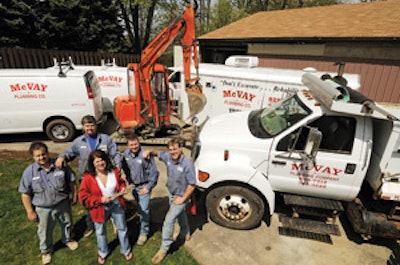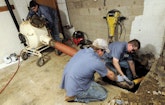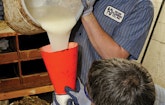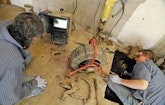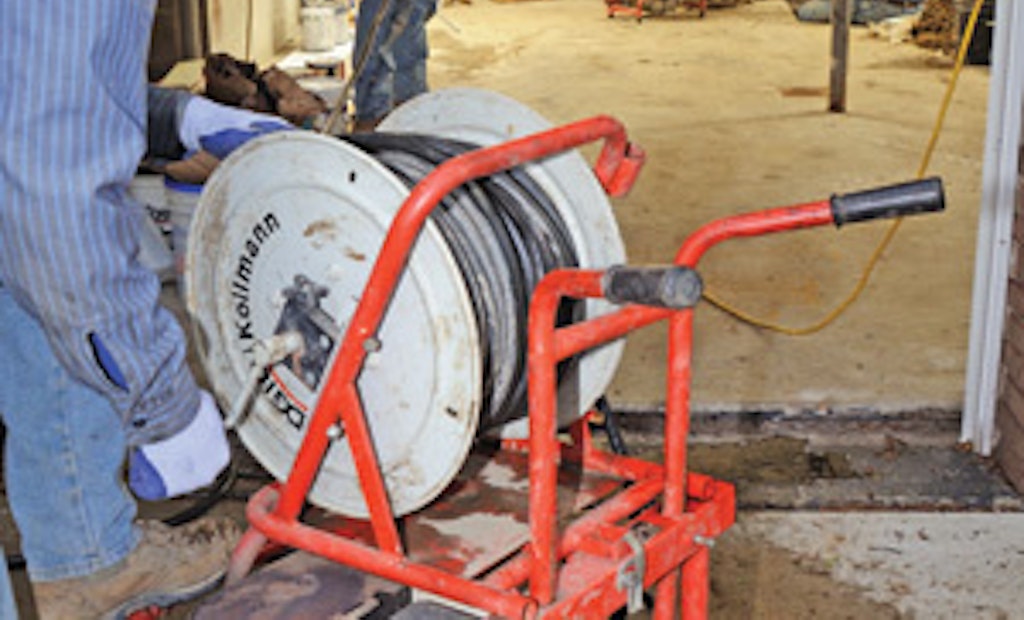For 20 years, replacing sewer lines was an important business sector for Michael McVay, owner of McVay Plumbing Company Inc. in Penn Hills, Pa.
In 2007, when McVay ventured into pipe lining, he hardly knew what to expect. He planned to enhance his bottom line and see growth in...
